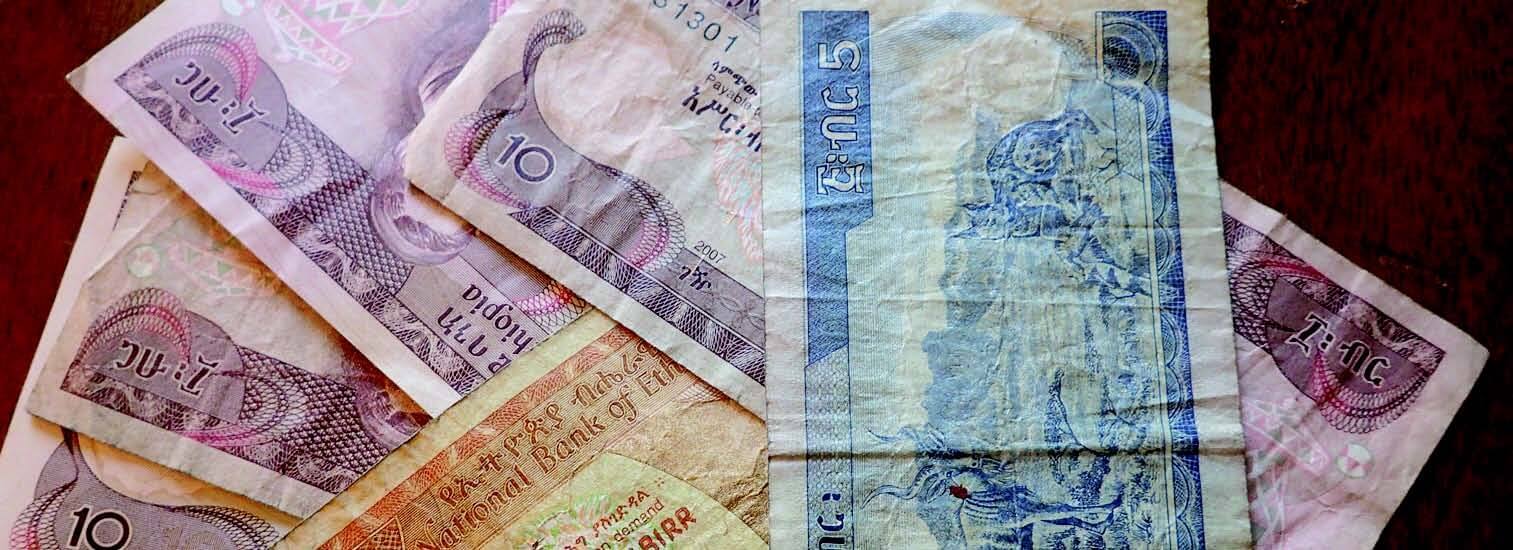How can churches financially support their missionaries?
By Solomon Akalu

Once when I joined a missionary family for their commissioning day at a rural church, a middle-aged gentleman stood up and said, “Why must we share in supporting this family with other local churches? We can fully support them. We have been giving from our pocket. But we’ve not yet given from our cattle, our trees or our grain. We have not yet given our blood. We have to support them by ourselves.”
Although it is quite acceptable for churches to pool their resources to support a missionary, I was encouraged by this man’s words. Such desire and eagerness to wholeheartedly give to mission encourages me to press on in my job of facilitating the sending of missionaries globally.
In my role with the Ethiopian Kale Heywet Church (EKHC), I regularly visit churches that support missionaries. And I always have a couple of questions for them: How do you raise such a large amount of money from this small, rural congregation? What blessings have you received since you started supporting missionaries? The answers I get are astounding.
The secretary of a district church told me, “We never lack money when we ask for funds for mission.” Therefore they are bold when they ask. Although the members don’t share the same standard of living, everyone wants to share the blessing and contribute in different ways.
All EKHC missionaries are supported by local churches. Usually two churches join together to support a missionary family, although a few churches fully support a family by themselves.
The churches have been creative in coming up with different ways to fundraise. These include:
Christmas and Easter gifts: Some churches fundraise once a year during the Christmas celebration. Prior to this, the leaders assign each family an amount of money to raise, according to their income level. For example, Yirgachefe Town Church is supporting missionaries Getachew and Tibarek in South Sudan in this way. Other churches raise funds for missions twice a year, at Christmas and Easter. Many of the national cross-cultural evangelists from Dilla area are supported by funds collected in this way.
Wongel Mahbertegna (GospelAssociation): The vision for this practice came during the communist regime, when the Church in Ethiopia was suffering from persecution and therefore needed a new strategy for mission. The biblical reference for this vision to send missionaries to the least reached parts of the world is found in 1 Corinthians 9:23 “Now this I do for the gospel’s sake, that I may be a partaker of it with you.” (NKJV)
Mission mobilizers encourage church members to decide how much money (in addition to their tithes and offering) they will contribute to mission each month. When someone registers with Wongel Mahbertegna, they are given an ID card that shows they contribute money for mission every month. It is by this method that most missionaries are supported.
Yewongel Sink Satin (Provision box for the gospel): Some churches provide a small box that serves as a bank. Each member takes one home, and the family uses it to help them save money for the gospel. The box is locked and the key is put in the church.
Family members collect offerings during their worship times and put the money in the box. Then every month these mission banks are brought to the church for the Lord’s Supper day. The missions committee opens the boxes, counts the money and writes receipts. To encourage the members to give more, the one who has saved the most is rewarded.
Group labour: Some of the church members, especially those who cannot afford to give, form a group and work as day labourers. They contribute the income they earn for mission.
Fasting and saving: Some churches fast and pray regularly for mission. They bring the money that they would have spent on food to the church in order to support their missionaries.
Shoe shine: Church youth groups shine shoes on Sundays at the church gate. Because the members know how the money will be used, they pay more for this service. And the funds go into the missions account.
Pledging: At special occasions, such as Missions Day, believers pledge money or possessions (coffee trees, cows, sheep, goats, trees) for mission.
Small businesses: Rural churches have built houses in the town which they rent out so that the money can be used to support missionaries.
There are undoubtedly many other ways that churches can raise funds to support their missionaries, if they have a heart to. What can your church add to this list?

Solomon Akalu is Global Missions Coordinator for the Ethiopian Kale Heywet Church.
